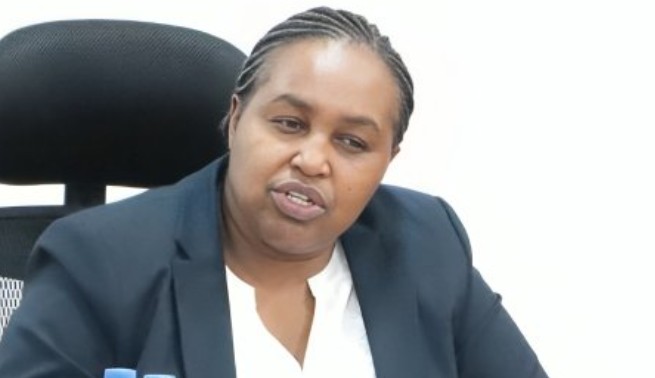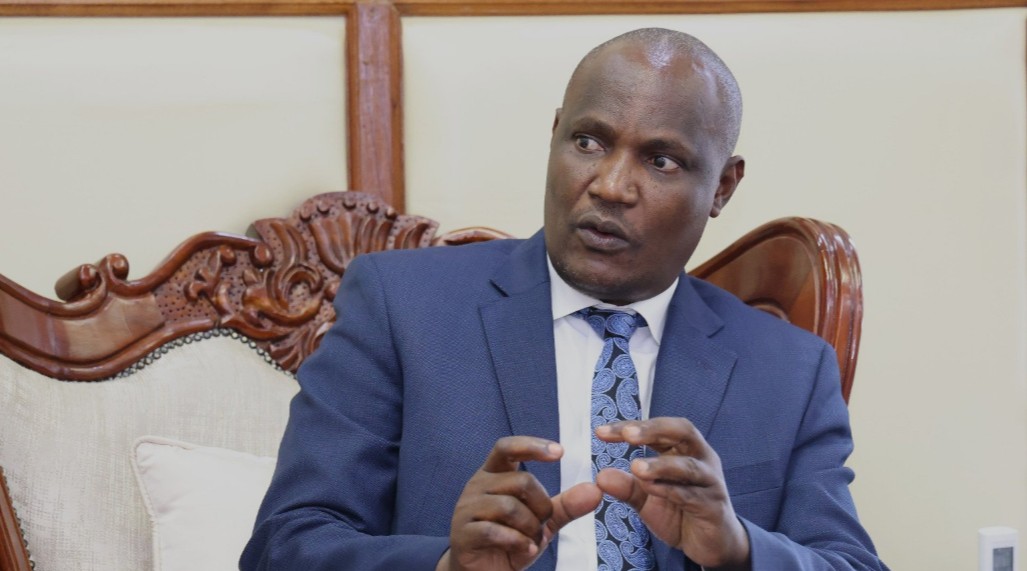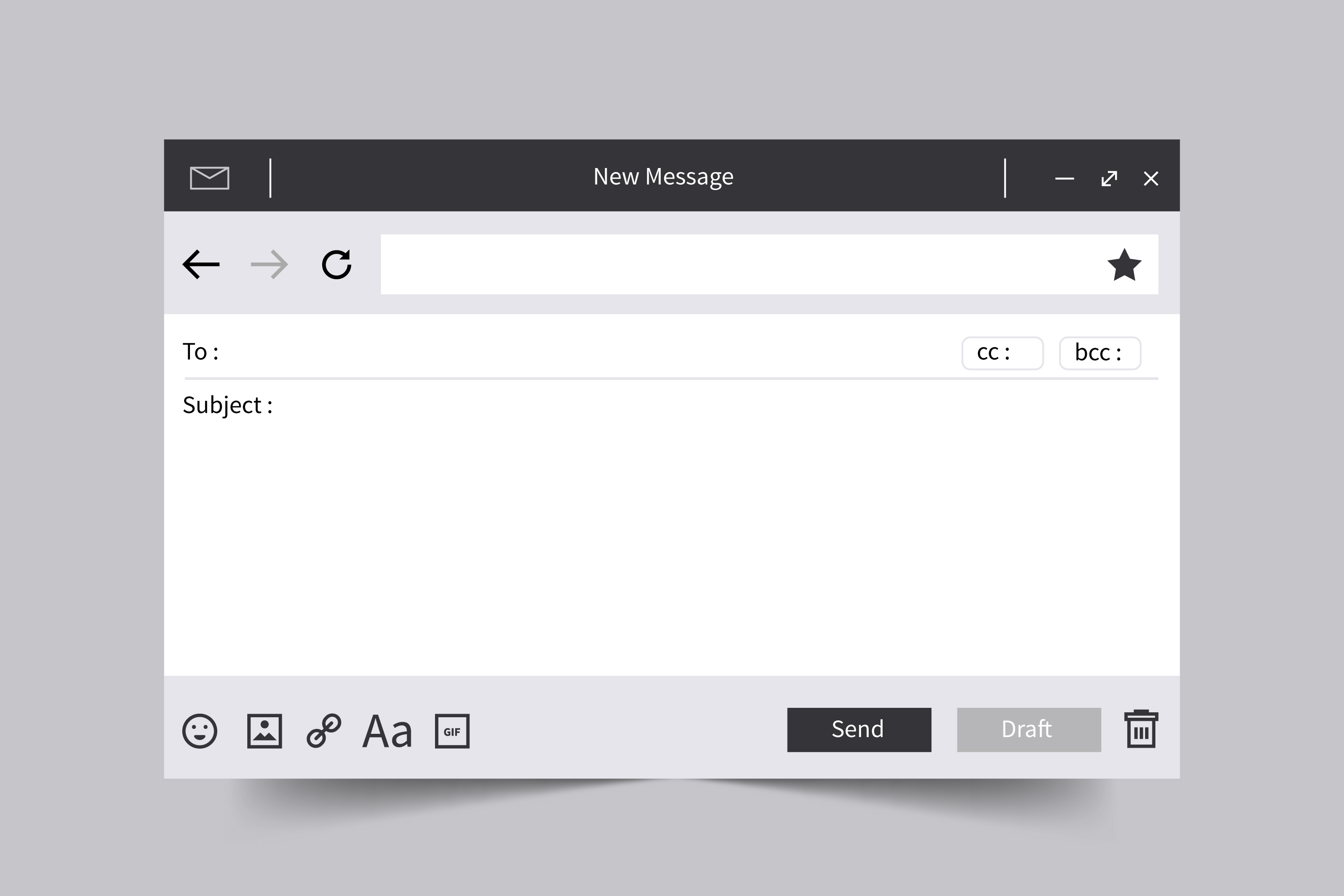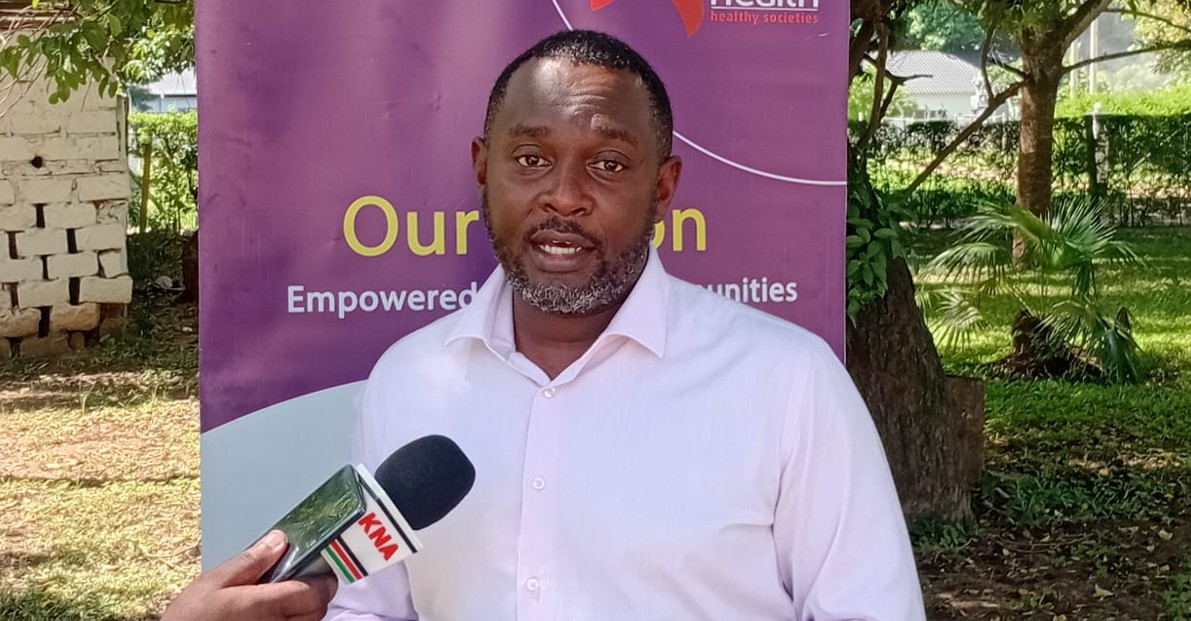New Bill proposes metered internet billing and mandatory age verification for online access

The Bill amends the Kenya Information and Communications Act by expanding the definition of a “telecommunication operator” to explicitly include internet service providers.
Internet service providers (ISPs) will be required to implement metered billing systems that assign each customer a unique, traceable internet meter number if Parliament passes a new Bill.
According to the Kenya Information and Communications (Amendment) Bill, 2025, sponsored by Aldai MP Marianne Jebet Kitany, the move aims to protect consumers and regulate internet use more effectively.
More To Read
- Communications Authority of Kenya targets 100 per cent rural ICT coverage by 2027 under Sh40bn strategy
- Lobby group sues Safaricom, Airtel over unauthorised deductions and subscriptions
- High court bars state from shutting down internet during protests, elections and national exams
- Govt orders pay service suspension for 23 TV stations over illegal betting ads
- WhatsApp to introduce smart message summaries for easier chats
- Kenyans ditch international SMS for online messaging- KNBS
The Bill mandates that internet service providers monitor customer usage through a billing system that assigns each subscriber a unique meter number. The system will generate invoices based on actual consumption and allow customers to verify their bills.
ISPs will also be required to submit detailed data from these billing systems, including each subscriber’s meter number, to the Communications Authority of Kenya at least once every financial year.
The Bill amends the Kenya Information and Communications Act by expanding the definition of a “telecommunication operator” to explicitly include internet service providers. It further adds new sections under the Act requiring ISPs to implement these metered billing systems.
“The bill requires internet service providers to develop and deploy quality metered billing systems capable of monitoring customer usage, converting it into readable details, and generating invoices that reflect the value customers receive from various internet services,” the bill’s memorandum of objects and reasons reads.
All existing ISP licenses and registrations will remain valid until their expiry, with future licensing conducted under the amended Act.
The Bill also imposes duties on telecommunications operators regarding SIM card registration, requiring full subscriber details such as names, identity card numbers, dates of birth, and physical addresses to be collected and securely maintained.
Disclosure of subscriber information will be allowed only under specific legal circumstances, such as criminal investigations or statutory functions.
Fines
The bill notes that violations of these provisions may attract fines of up to Sh5 million.
In addition, the Bill introduces strict age verification rules for social media users. Both new and existing users of platforms like WhatsApp, Facebook, Instagram, and LinkedIn will be required to confirm their age using their national identification cards before gaining access.
Content service providers (CSPs) and application service providers (ASPs) will be mandated to enforce these verification procedures, while mobile service providers will ensure SIM card registration aligns with these requirements.
Kitany highlighted the need for such measures, noting that current online platforms’ age-verification methods are easily bypassed by users entering false birth dates or pseudonyms.
“The society as a whole, including all participants of the internet ecosystem, is responsible for safeguarding the rights of children in their access and use of information, communication and technological products and services,” reads the Bill.
Other Topics To Read
- Headlines
- Communications Authority of Kenya
- ICT
- internet service providers
- ISPs
- Content service providers
- metered internet billing
- internet meter
- Aldai MP Marianne Jebet Kitany
- New Bill proposes metered internet billing and mandatory age verification for online access
- Technology
If passed, Kenya will join other countries taking steps to restrict minors’ access to harmful online content, even as a universal system remains elusive globally.
The Bill clarifies that it does not delegate legislative powers or restrict fundamental rights and freedoms. It also states that it does not concern county governments since telecommunications fall under national government functions, as provided in the Constitution’s Fourth Schedule.
However, it acknowledges that the bill’s implementation may lead to increased public expenditure, categorising it as a money bill under the Constitution.
The bill also preserves existing rights for broadcasters and domain administrators, granting them a transition period to comply with the new licensing and registration requirements.
Top Stories Today











































